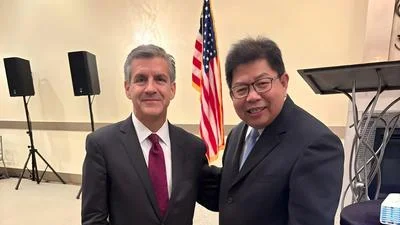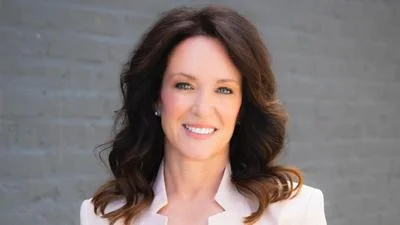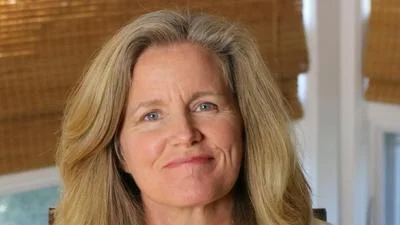The pledge was signed by no teachers on Nov. 28, the day before. It now has one pledge from Roselle teacher.
They’re one of the thousands of US teachers pledging to continue educating students about the controversial Critical Race Theory, which explains racism is embedded in US culture and politics.
The Roselle teacher wrote "Students demonstrate the effects of censored K-12 education when they enter my college classrooms. Out of 17 students in a composition class, one entered college understanding red-lining. The other 16 students were faced with new knowledge that had been muffled in their prior education. Students shouldn't experience our country's history under a veil of secrecy, through books read in private, or talks behind closed doors. Students and teachers should be allowed to discuss our country's truths in a safe space--our public classrooms. The truth is not an elective." when pledging to teach Critical Race Theory.
Though the concept was first suggested in the late 70’s, it has recently exploded as a contentious issue between the American right and left in the last two years.
Many who signed the pledge are defying state bans on the teachings. Arizona, Idaho, Iowa, New Hampshire, Oklahoma, South Carolina, Tennessee and Texas have passed legislation banning discussions about the US being inherently racist.
Other states, such as Montana and South Dakota, have denounced the teachings without passing specific legislation.
In an interview with The Washington Free Beacon', Ashley Varner of the Freedom Foundation accused the Zinn Education Project of providing “left-leaning propaganda to teachers.”
| Teachers | Thoughts on Critical Race Theory |
|---|---|
| Trina Sotira | Students demonstrate the effects of censored K-12 education when they enter my college classrooms. Out of 17 students in a composition class, one entered college understanding red-lining. The other 16 students were faced with new knowledge that had been muffled in their prior education. Students shouldn't experience our country's history under a veil of secrecy, through books read in private, or talks behind closed doors. Students and teachers should be allowed to discuss our country's truths in a safe space--our public classrooms. The truth is not an elective. |






 Alerts Sign-up
Alerts Sign-up